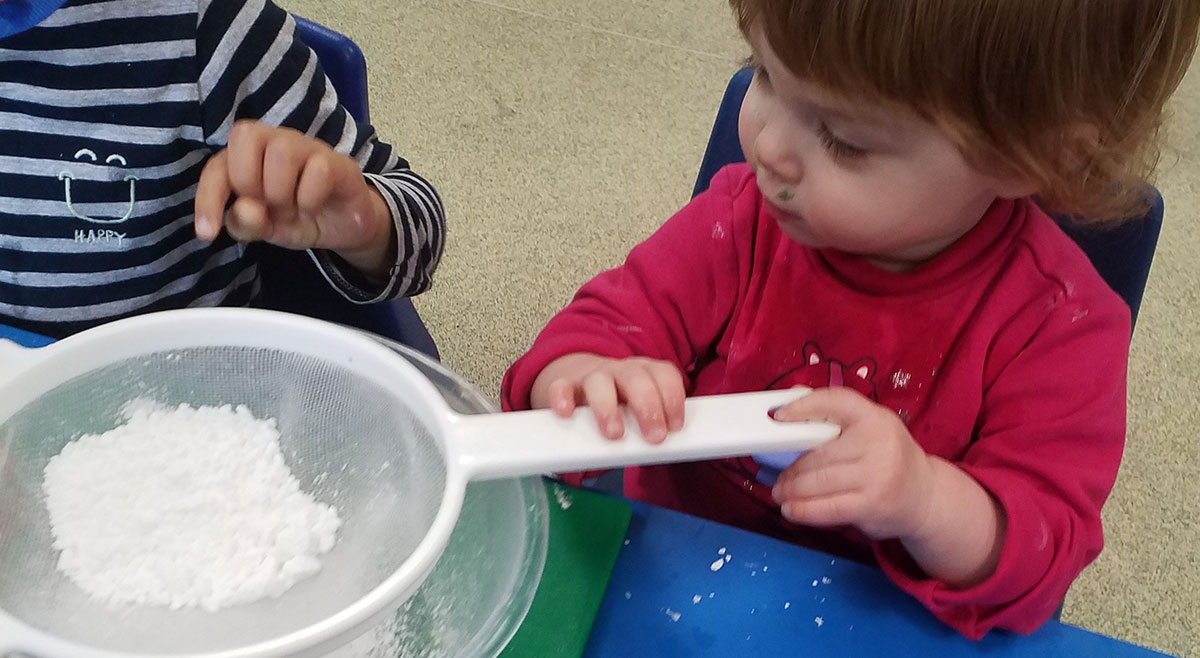Written by Savita Dutt
Holi is a Hindu festival that celebrates spring, love, and new life. To celebrate we are going to make Coconut Barfi. It’s so simple why not give it a go yourself? Some families hold religious ceremonies but for many. Holi Festival is celebrated on the last full moon day of the lunar month of (Phalguna), which is generally around the end of March. The exact date of Holi may vary from year to year.
Holi is more of a time for fun. It’s a colourful festival, celebrating with dancing, singing & throwing of powder paint and coloured water. Holi is also known as the “festival of colours“.
- Red symbolizes love
- Yellow is the colour of turmeric, a powder native to India and used as a natural remedy
- Blue represents the Hindu God Krishna
- Green is for new beginnings
- Pink is the colour of youth, good health & playfulness
Here is an adaption of a traditional Indian recipe made during Holi, follow the link below:
Soft and Chewy Coconut Pyramids
Coconut Barfi – dairy free! Gluten-free! Soft & chewy!
INGREDIENTS – Makes 15.
1. Food colouring is optional
2. One medium egg white
3. 90g (3oz) caster sugar
4. 125g (4oz) desiccated coconut
5. One lemon ( use the inside of a lemon to rub around the bowl to ensure it’s grease-free)
METHOD
- Whisk the egg white until it forms stiff peaks. Gradually whisk in the caster sugar, until glossy. Fold in the desiccated coconut & food colour.
- Divide the mixture into 15 small cone shapes – you can use an egg cup to do this. Place on a lined baking sheet and bake in the centre of a preheated oven at 160°C (320°F, gas mark 3) for 8-10 mins or until light golden in colours
Let the coconut pyramids cool on the baking tray. They will firm up as they cool and peel off firmly. Once cool, store them in an air-tight tub where they will last for a few days.
Happy Holi!!
BENEFITS OF COOKING WITH CHILDREN:
Cooking food alongside an adult has long been a traditional experience for young children. It is a great way for children to learn a range of skills and also to spend time with an adult. For some children, opportunities to cook at home are limited, so it is worth considering planning a series of fun cooking activities for your children.
The benefits of learning to cook alongside an adult are significant. Most of the early year’s curriculum can be linked to cooking activities if wanted.
Health: When children are involved in preparing food, they are more likely to try out new tastes and flavours. Children can become carrot converts or falafel fans, and so improve their chances of eating a more varied diet.
Language development: Through cooking, children can learn new vocabulary spontaneously as they will often want to talk about what they are seeing and doing.
Physical skills: Cooking helps children to practise a range of physical skills, particularly their hand-eye coordination. Movements such as peeling and grating also strengthen the hands.
Emotional development: Children can develop a sense of pride and also feelings of competence when they cook. Time spent with the adult can also help to develop relationships. This means that cooking alongside a key person can be a useful activity when children first join a setting.
Mathematics: Cooking provides genuine opportunities for children to count, measure and calculate.
Early science: Cooking is rooted in science. Children can observe how different ingredients mix together, and also the effect of heat, including freezing on mixtures.
Understanding the world of Cooking provides opportunities to talk about food production – for example, how fruit and vegetables are grown and where spices come from.
PLANNING YOUR COOKING ACTIVITIES AHEAD
As the benefits for children’s development are so significant, you might want to consider taking a planned approach to cooking. This allows children’s skill level to be increased and helps them make connections between previous cooking experiences.
There are many ways to go about planning a cooking programme. You could look at different types of skills – for example, washing, tearing, mixing and cutting; or you could base it on the food itself – for example, dishes involving bread. With one in five children aged between four and five years being either overweight or obese, it is important to use a cooking programme to introduce children to fruit and vegetables. You may also wish to focus on savoury foods rather than recipes that involve sugar.



